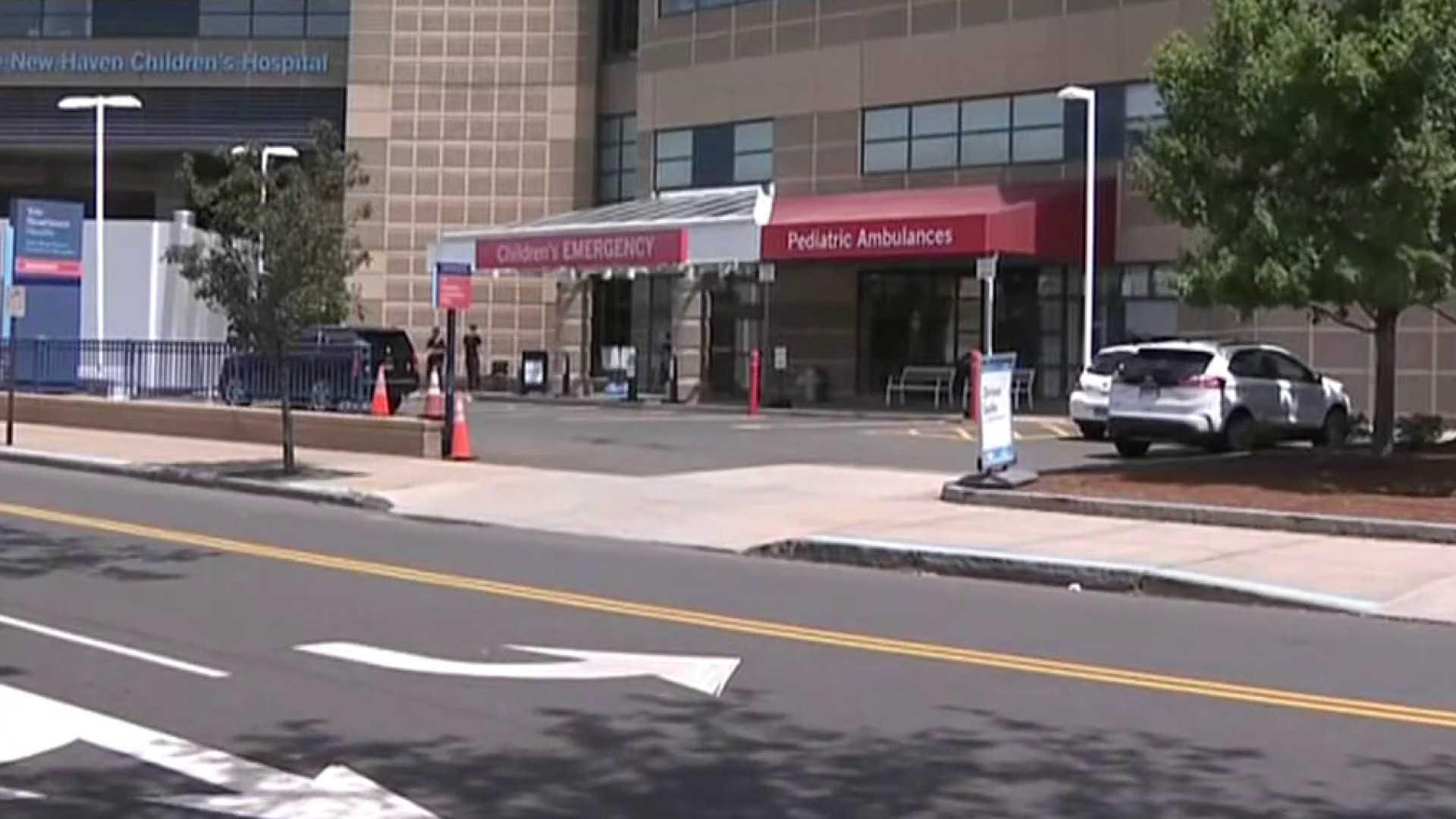Some lawmakers say spending caps put in place are too strict, and it makes it difficult to fund all the needs Connecticut has.
So are there any solutions to be had here? NBC Connecticut's Mike Hydeck spoke with House Majority Leader Jason Rojas, the Democrat who serves East Hartford and Manchester.
Mike Hydeck: So the budget guardrails that led to our record surpluses and helped us pay down our long term debt, the guardrails were extended and the vote was unanimous to do so. Are you or any of your colleagues having second thoughts?
Jason Rojas: Listen, I think there was concern when we decided to take action on that at the outset, right. I mean, I think it's a somewhat of a mixed bag for us. Because we know, obviously, you noticed that the fiscal guardrails that were enacted in 2017, that really resulted in a lot more financial stability for the State of Connecticut, which allows us to invest in a lot of important programs, including many of the programs that advocates today would like us to fund more. And what we want to ensure that we do is not rely on what are volatile revenues, because that is what's primarily driven the increase in the rainy day fund, have been a volatile revenue stream. And we saw that the in last consensus revenue report that we received, that that volatile revenue stream actually dropped $450 million since the last time we got an update. So it'd be a little bit risky for us to have budgeted $450 million for something that may not be there the next time we get a revenue update.
Get Connecticut local news, weather forecasts and entertainment stories to your inbox. Sign up for NBC Connecticut newsletters.
Mike Hydeck: Right, if the money disappeared on Wall Street for that quarter or for that year, it would have been difficult to try to come up with that money. Some of your colleagues, though, still say they think the spending caps should at least be adjusted. Can that happen legally? Or is that out of the question?
Jason Rojas: Well, you know, it's a constitutional spending cap and we acted on enacting that spending cap. So it's a very difficult thing to do to go outside of that spending cap. Certainly there are members of the legislature who don't think we should do that, we should live within the means that we have, and try to do our best to fund all the priorities that we have, which is always a complicated thing, right? We have one group of people who want us to fund it at this level. We have another group of people who want to fund something else at another level. And we do our best to prioritize all of those programs and fund as many as we can to the furthest extent possible.
Mike Hydeck: So now is there another way to boost funding for caregivers from the 1199 Union? They were protesting outside the governor's office. Also, the teachers union protested at the Capitol this week. They're like, 'we need more money. We have a crisis here.' The governor suggested there might be a way. Is there?
Face the Facts
Face the Facts with NBC Connecticut goes beyond the headlines, asking newsmakers the tough questions, giving an in-depth analysis of the big stories.
Jason Rojas: Um, yeah, no, there's no doubt. I mean, these people do some of the most difficult work for our loved ones, right, for our most vulnerable people in the State of Connecticut. And they do it for a really low wage. And so they're right to be asking for more dollars. I think they're right to be outside protesting. And we do include, you know, approximately $50 million more in the budget to try to address some of the concerns that are out there protesting.
Mike Hydeck: So in the past, if the state did get, let's talk the flip of the scenario you just brought up. In the past, if the state did get a surge in tax receipts, from Wall Street like that volatility index, they would also set aside some of that money outside the budget process. That project is called the revenue intercept. Is that on the table moving forward?
Jason Rojas: No. But you know, the governor has been clear that he's not interested in any of those kinds of moves that have been done in the past that have the potential to set us up for failure in the long run.
Mike Hydeck: How do you feel about the budget agreement in place now? It's been a back and forth, you guys put a lot of hours in over, you know, midnight, one o'clock in the morning throughout the last couple of weeks. Where are we? How do you feel about how things are going to be signed, hopefully by next week?
Jason Rojas: Yeah, I mean, I think what we have is a budget that is built on compromise between Republicans, between Democrats, between the legislative branch, the executive branch. It's about as good of a budget as you're going to get. It includes a significant amount of spending. It is a $50-billion budget, but also includes hundreds of millions of dollars in tax cuts for taxpayers, as well as an increase in the earned income tax credit for some of our lower wage workers who have children. It's a pretty well-rounded budget. Is it going to meet the expectations of everybody? Certainly not. But I think it's really putting Connecticut in a position to continue to have a fiscal state budget and a growing economy.
Mike Hydeck: Two things moving forward that still exist, our teacher shortage and the shortage of daycare slots, and actually daycare facilities to put these kids where parents can get back to work. How do we address that moving forward if this is where the budget stands? Because it's still an issue that we're going to deal with over the next two years.
Jason Rojas: Yeah, I mean, listen, we continue to, I mean, there's an additional $150 million in the budget for education funding. That will certainly go to address some of the teacher pay concerns that are out there. The eventual solution to both daycare providers as well as educators is more long term. I think we need to make more investments at the early age in terms of introducing the teaching profession, treating the teaching profession with greater respect. It hasn't been easy to be a teacher, outside of COVID and the impact of that, but also getting an allowing, or too many people injecting teachers into some of the culture wars that are taking place in our political world. Those are some of the things that we need to move away from, and really just allow professionals and teachers to do the job that we want them to do, which is to educate our children and to show that they're ready for the future.
Mike Hydeck: Last question. We have arguably 100,000 jobs open in Connecticut. To get people to go to work, they need a place to take their kids. As far as daycare is concerned, in the overall situation, should employers play a bigger role here, in addition to the state?
Jason Rojas: Absolutely. I think employers need to do a lot more on these types of issues. You know, certainly government provides the environment for businesses to flourish. I think it's certainly in their best interest to invest in these things so that their employees, so that they can retain their employees, right. And we saw that with moving to remote work options, that was something that employees were demanding. And I think the same thing is going to happen with childcare. If they want talent to be retained here in the State of Connecticut, I think they want, they should have to play a role in ensuring that they can provide childcare services as well.
Mike Hydeck: And that includes the big defense contracts we have coming down the pike to get people to go to work at EB and other places.



